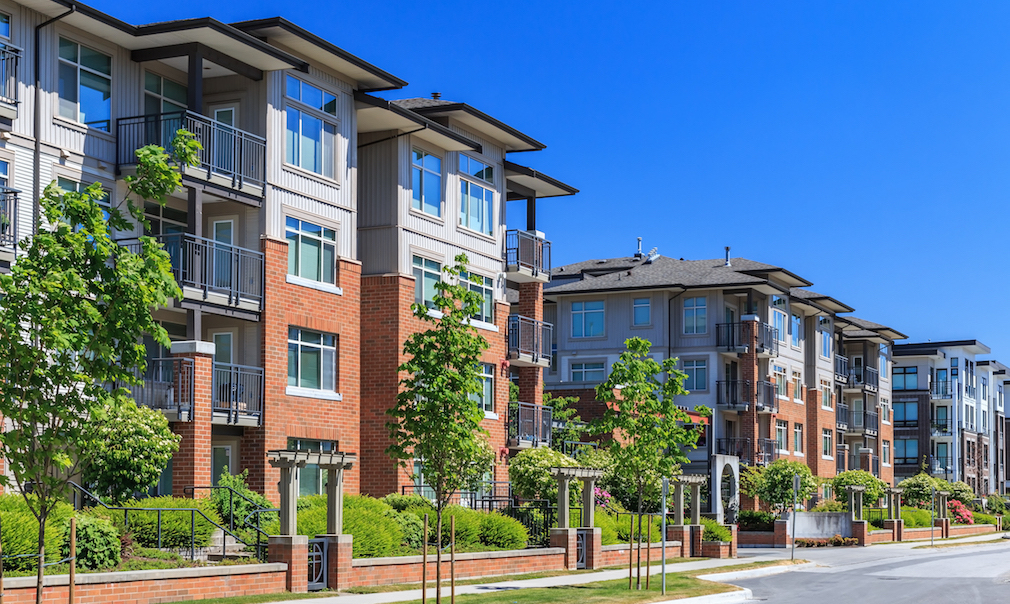While most of the market attention tends to be focused on Class A multifamily buildings, new research from CBRE suggests that there is another class of multifamily housing that represents a much larger opportunity for investors – workforce housing.
According to CBRE, workforce housing, rental communities that are affordable for low- to median-income workers, has actually outperformed the overall multifamily market in each of the last four years, thanks to relatively low vacancy rates and above-average rent growth.
According to the report, approximately 13.5 million households currently live in workforce housing, most of whom are individuals and families who are “renters by necessity” because they are paying off student debt or perhaps saving to buy a house and do not have the financial means for homeownership or for higher-quality multifamily housing.
And going into 2019, market conditions are positioning workforce housing for continued return on investment.
“Slow wage growth over the past decade contributing to a high number of potential renters, an extreme lack of new supply, and limited alternative options means strong and sustained demand for workforce housing apartments is expected to continue in 2019,” CBRE said in its report.
According to the report, workforce housing has brought in nearly $375 billion in investment over the last five years, more than 51% of the total for all multifamily asset classes.
But despite the capital coming from “unlikely sources,” including institutional and international investors, only a “small” amount of workforce housing has been built in the last 10 years, while many older apartment communities have been torn down to build new, luxury apartments and the like.
That means there’s opportunity for both preserving existing and building new workforce housing.
“The multifamily industry removes more than 100,000 units per year due to obsolescence, and these are predominantly workforce and affordable housing units,” CBRE said in its report. “The redevelopment of older housing units is tremendously valuable to the multifamily sector, providing better-quality and updated units for renters. The physical improvement to the older multifamily housing stock has also made it more attractive for investors.”
According to the report, nearly all areas in the U.S. are benefiting from workforce housing’s “strong” market conditions, with Orlando and Las Vegas leading the way with 7% workforce housing rent growth in the last year.
But the workforce housing market is not without risks, specifically the ability of renters to be able absorb any more rent increases when wages are not rising as quickly as rents.
“Workforce housing affordability has begun to create some resistance to rent increases and may limit them further in the future,” CBRE notes.
According to the report, more than one-third (35%) of workforce renter households were considered “rent burdened” last year, meaning their rent payments represented 30% or more of their incomes, compared to 21% in 2006.
Additionally, proposed rent control policies, like the one defeated in California last month, could also limit rent growth, while the wide array of public and private programs focused on trying to improve housing affordability may improve the supply/demand situation for renters at the expense of owners, CBRE said.
Despite that, Brian McAuliffe, CBRE’s president of Institutional Properties, Capital Markets, said that there is still a significant opportunity for investors, if they’re smart.
“The balance of the market forces points to continued strength in workforce housing, justifying the strong investment appeal. Investment in this segment is also very good for the housing market by helping to preserve much-needed accommodation for lower income renters,” McAuliffe said. “Value-add investment, in particular, helps to preserve workforce housing inventory directly by improving the physical quality of the asset through renovation.”






